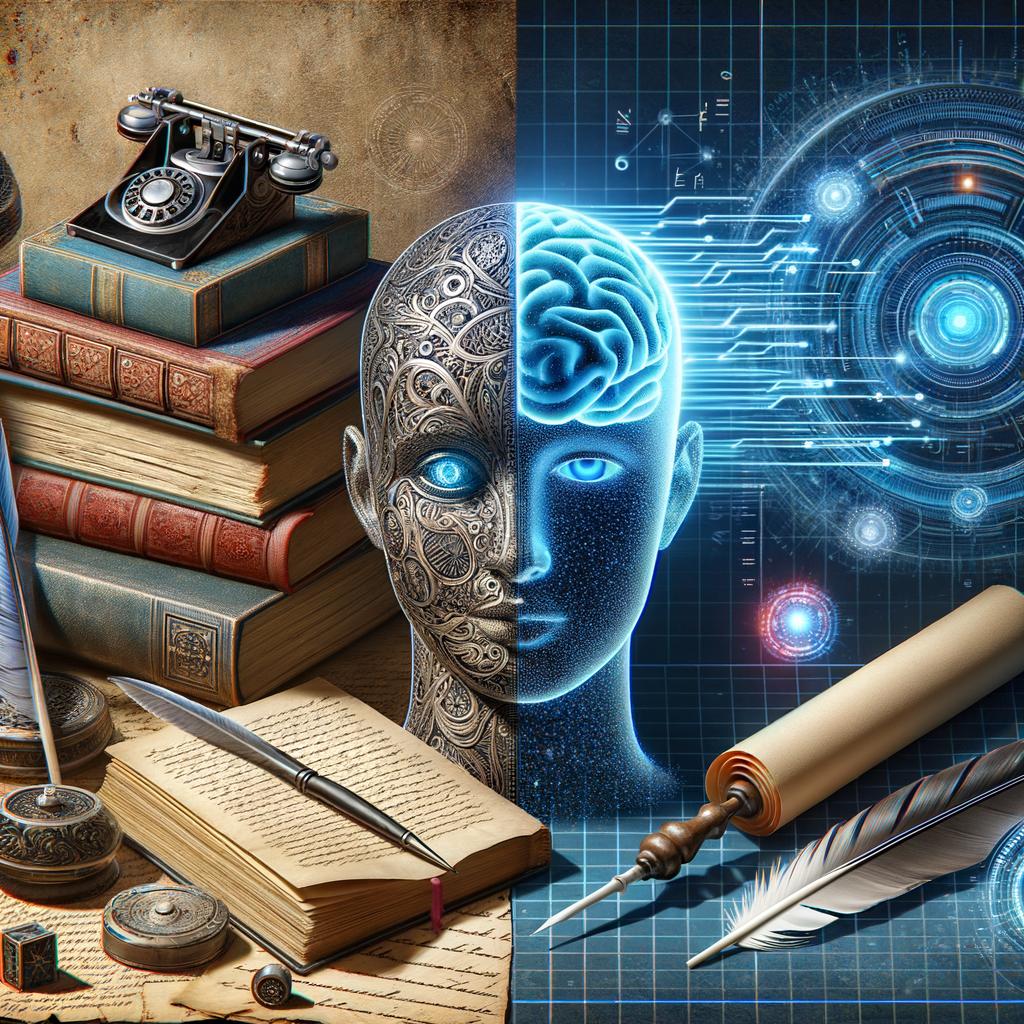In an era where technological advancements are reshaping nearly every aspect of our lives, the emergence of artificial intelligence (AI) stands at the forefront of innovation, promising to revolutionize industries, enhance efficiencies, and provide unprecedented solutions to complex problems. However, as we navigate this transformative landscape, it becomes crucial to examine the ethical frameworks that guide our engagement with these powerful tools. Conservative values—rooted in tradition, personal responsibility, and the sanctity of human dignity—offer a vital lens through which to assess the implications of AI on society. This article explores why these values matter now more than ever, advocating for a balanced approach that prioritizes human-centered principles in the face of rapid technological change. By grounding our AI advancements in conservative ideals, we ensure that progress is accompanied by a commitment to moral integrity, social cohesion, and the preservation of fundamental human rights.
The rapid advancements in artificial intelligence raise critical questions about the ethical frameworks guiding their development and deployment. Traditional ethics, grounded in conservative values, emphasize accountability, responsibility, and the intrinsic dignity of every human being. In an age where algorithms influence daily life, promoting a framework that prioritizes these values is vital. By advocating for transparency in AI systems and ensuring that developers remain accountable for their creations, we reinforce public trust in technology and uphold societal norms that have withstood the test of time. Ethical standards rooted in conservative traditions can foster a more responsible approach to AI, mitigating risks associated with unchecked technological growth.
Moreover, embracing conservative principles can serve as a bulwark against the potential for misuse in AI innovations. This approach encourages stakeholders to consider the societal impact of their technologies holistically, focusing on the long-term implications rather than short-term gains. Key tenets include:
- Integrity: Upholding truth and honesty in AI applications.
- Human-centric design: Prioritizing human welfare in AI functionalities.
- Stewardship: A sense of responsibility in how technology is used and managed.
When instilling these values into the AI development process, industry leaders can craft solutions that are not only innovative but also align with the moral compass of society. This will pave the way for technologies that enhance our lives while ensuring that human dignity remains at the forefront of our digital future.
In Retrospect
the integration of conservative values into today’s rapidly advancing AI landscape is not merely a philosophical stance; it is a vital necessity. As we stand at the crossroads of innovation and ethical responsibility, it becomes increasingly clear that principles such as individual accountability, respect for tradition, and the importance of community can guide us toward a future that champions human dignity and social cohesion. By embracing these values, we can ensure that AI technologies serve not just efficiency and profit, but also the greater good of society. It is through a balanced approach—one that marries technological progress with a commitment to ethical standards—that we can cultivate an environment where innovation thrives alongside respect for personal freedoms and cultural heritage. As we move forward, let us champion a vision of AI that reflects our shared values, safeguards our societal norms, and empowers each individual within our communities. Only then can we truly harness the full potential of artificial intelligence while staying grounded in the principles that have defined and uplifted humanity for generations.
